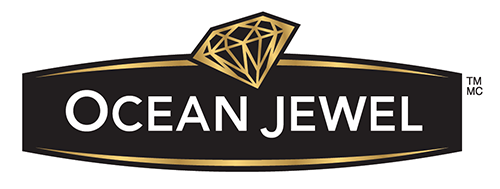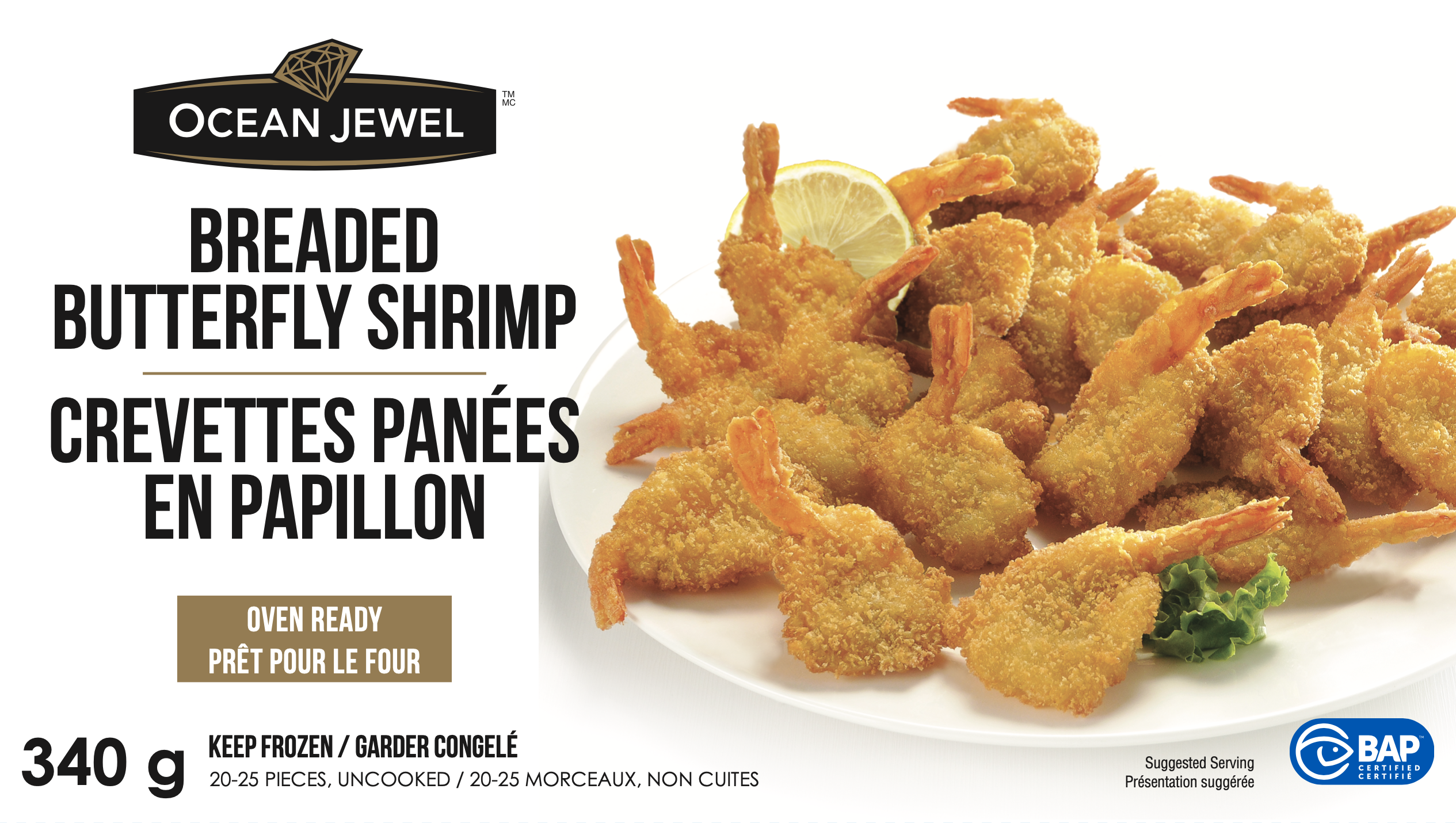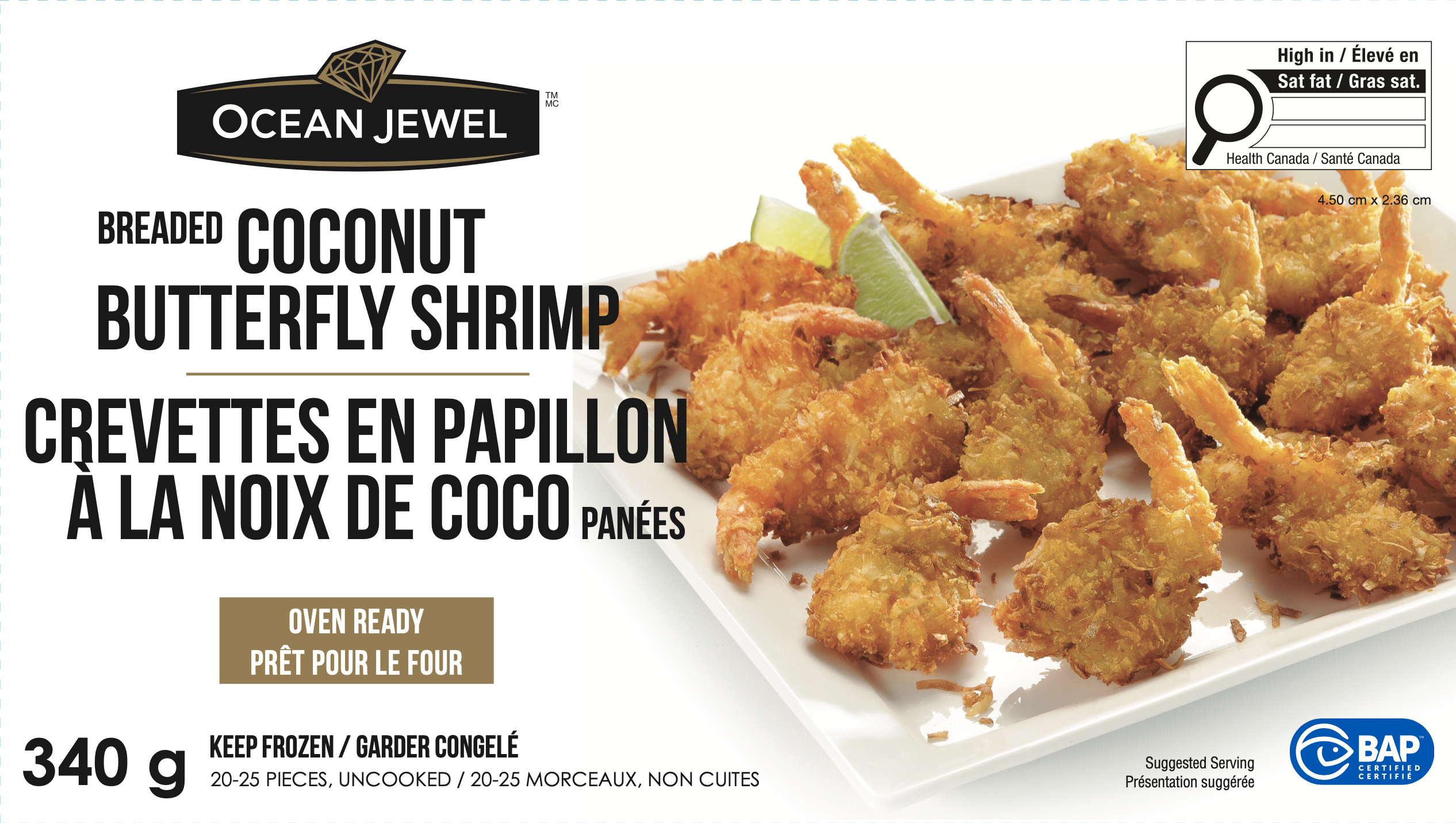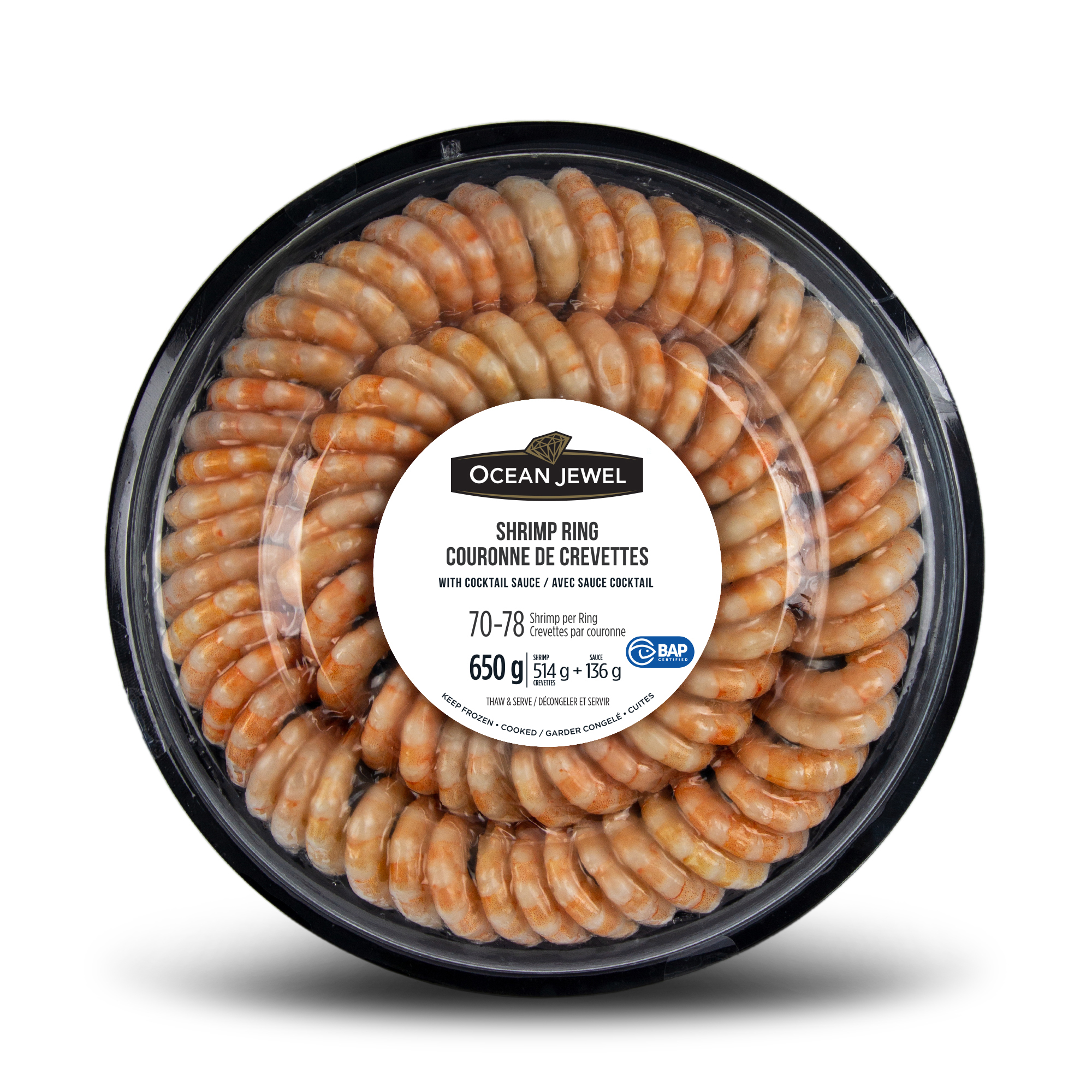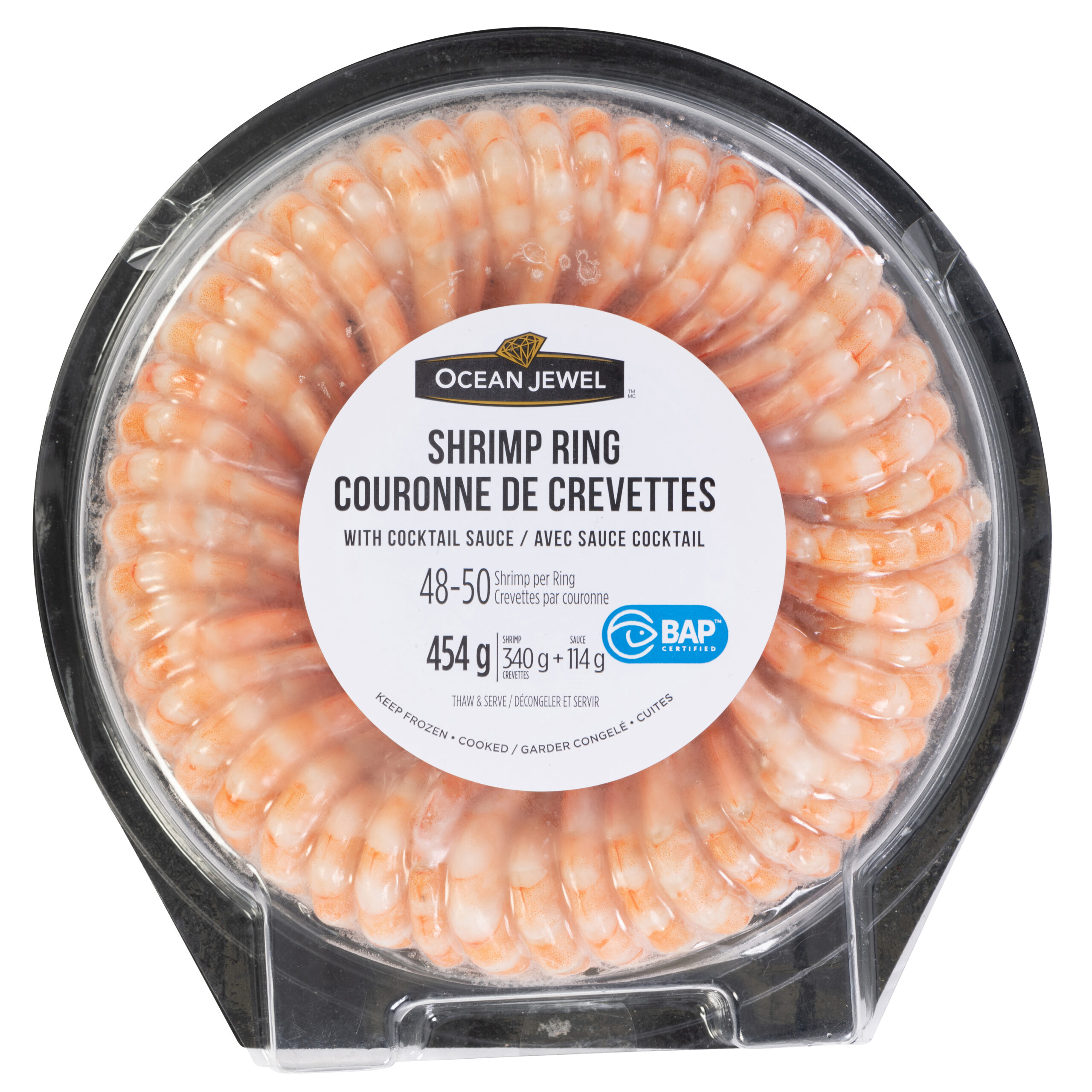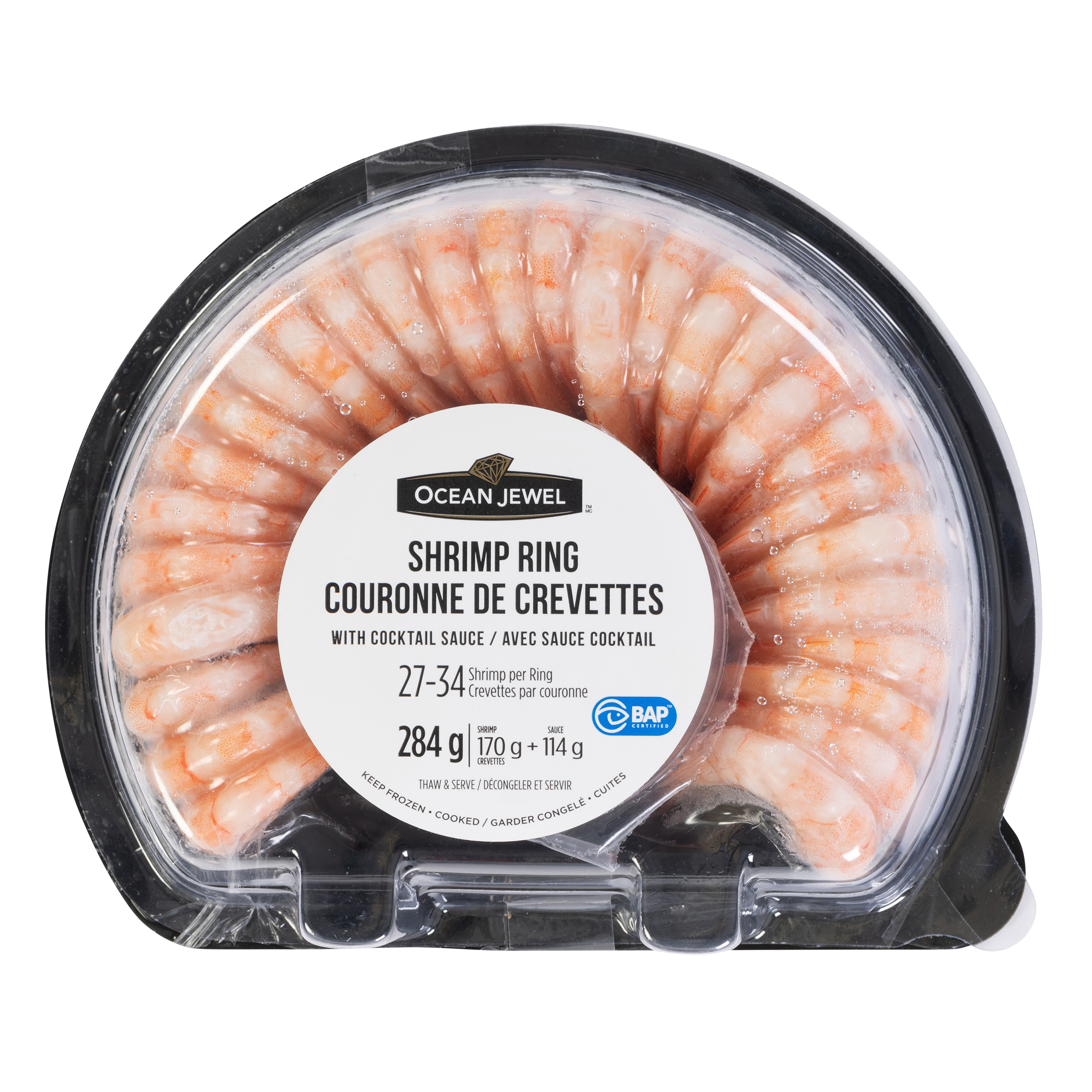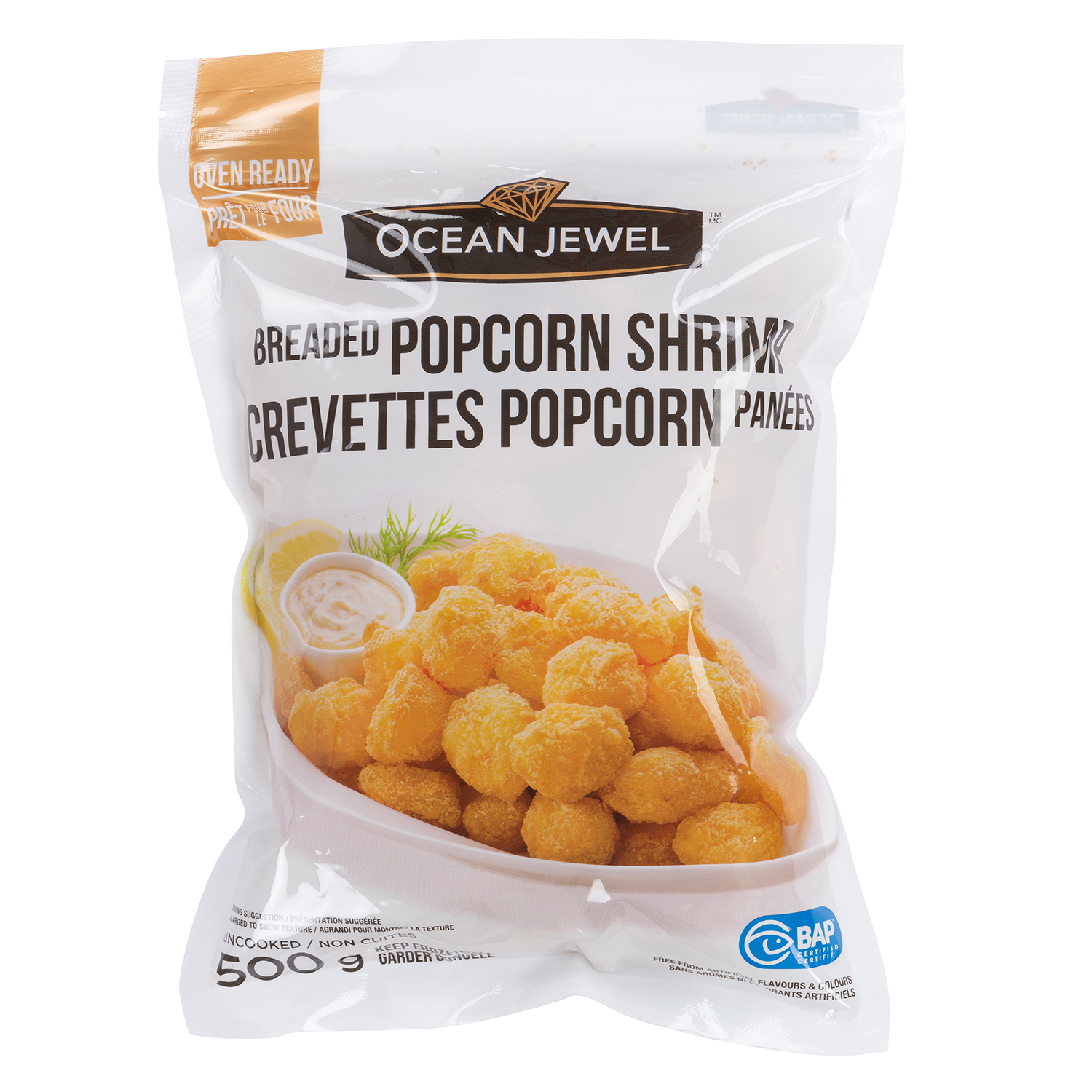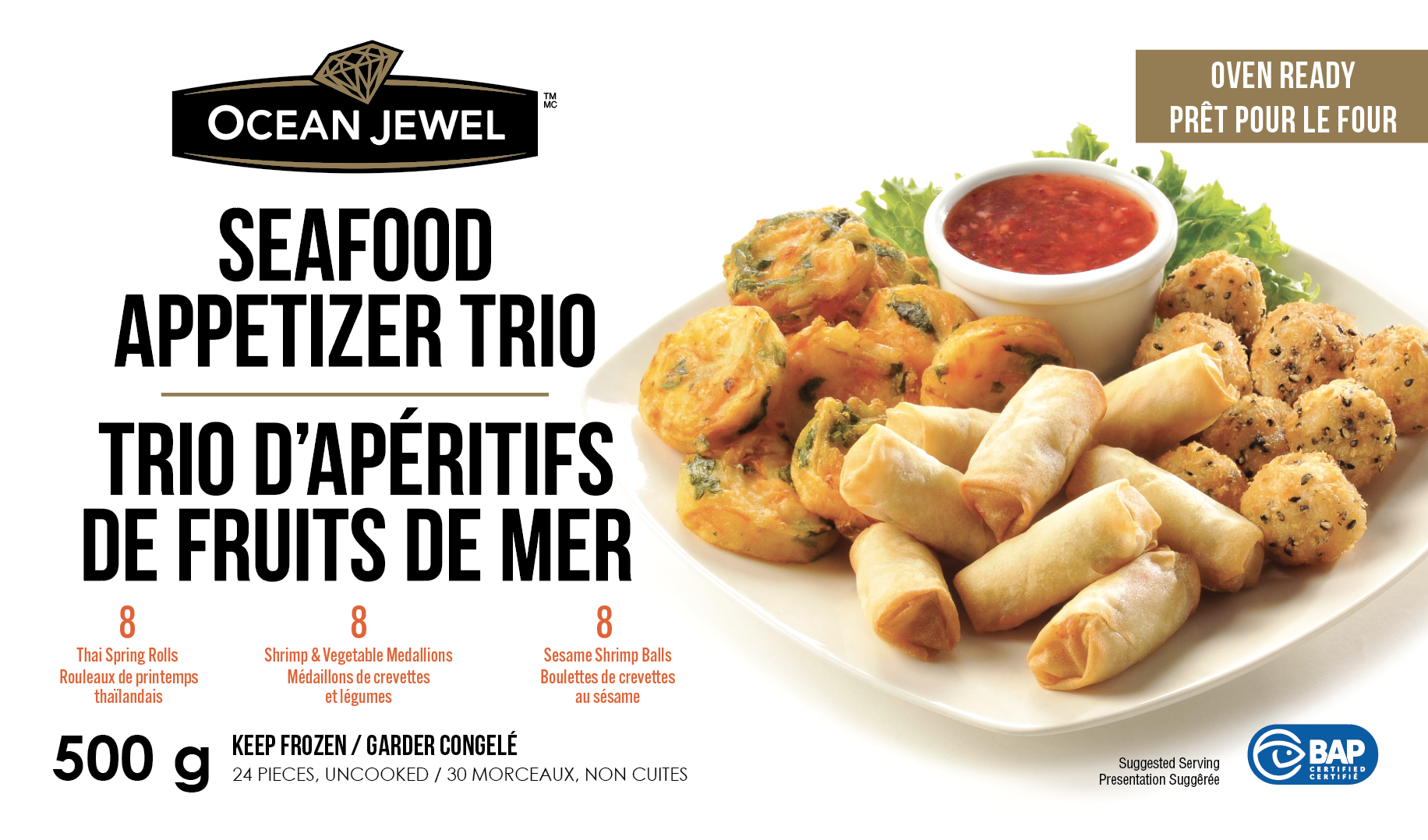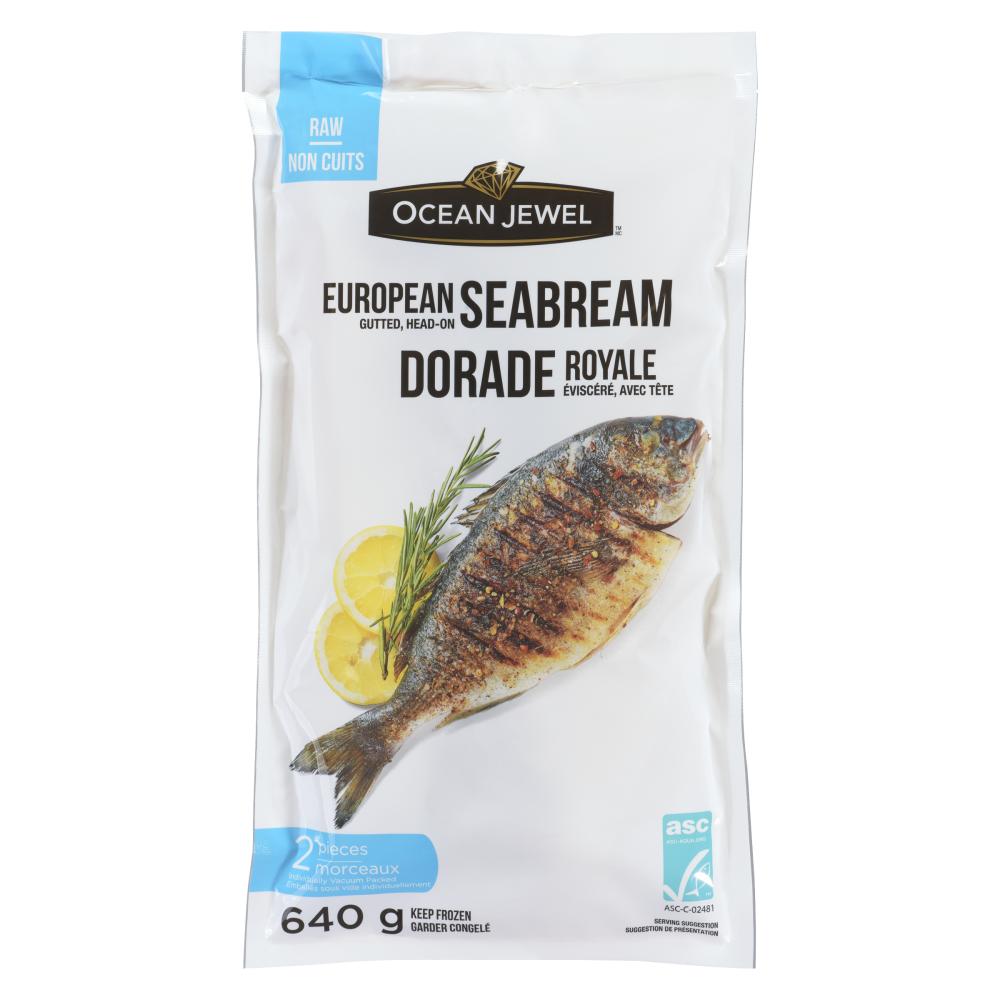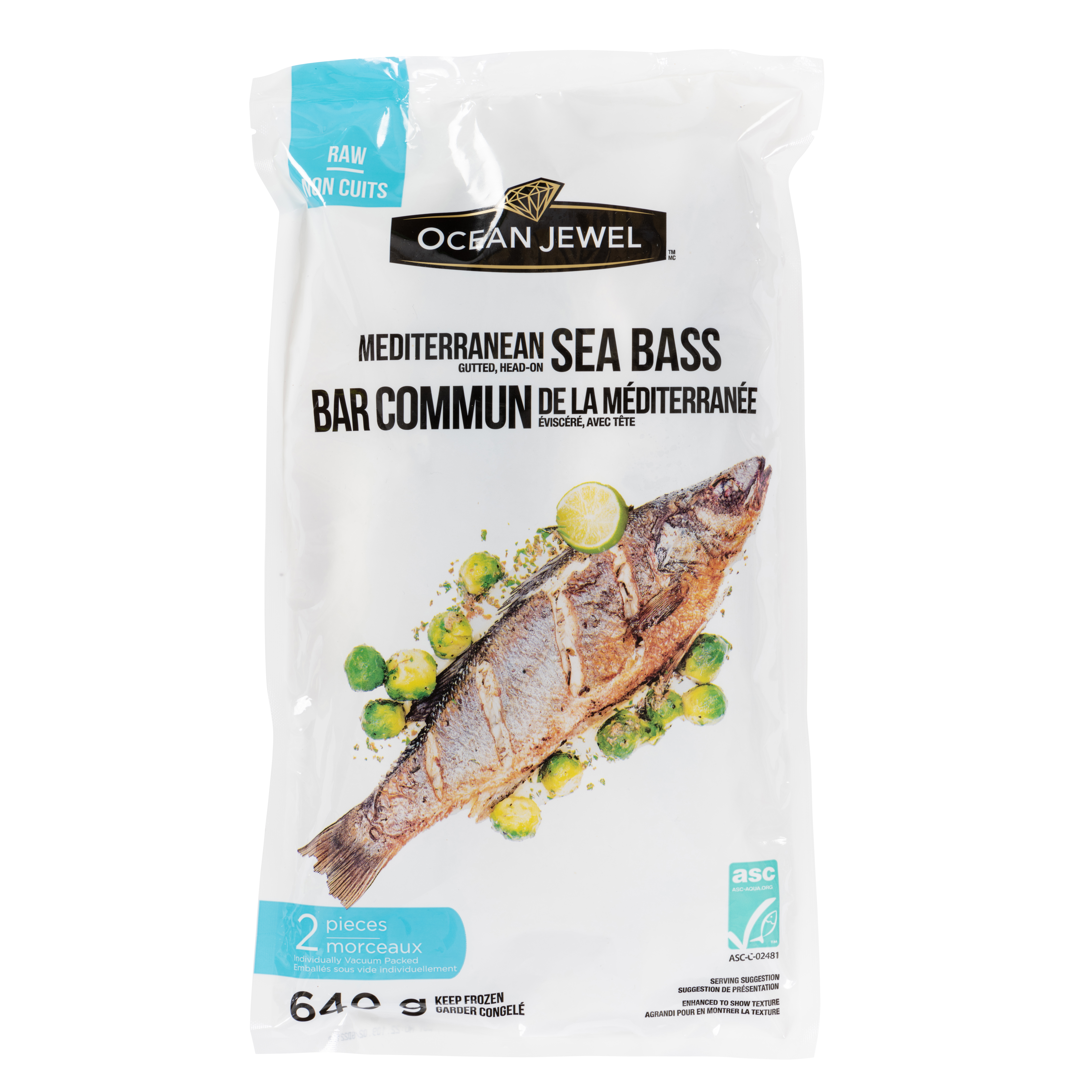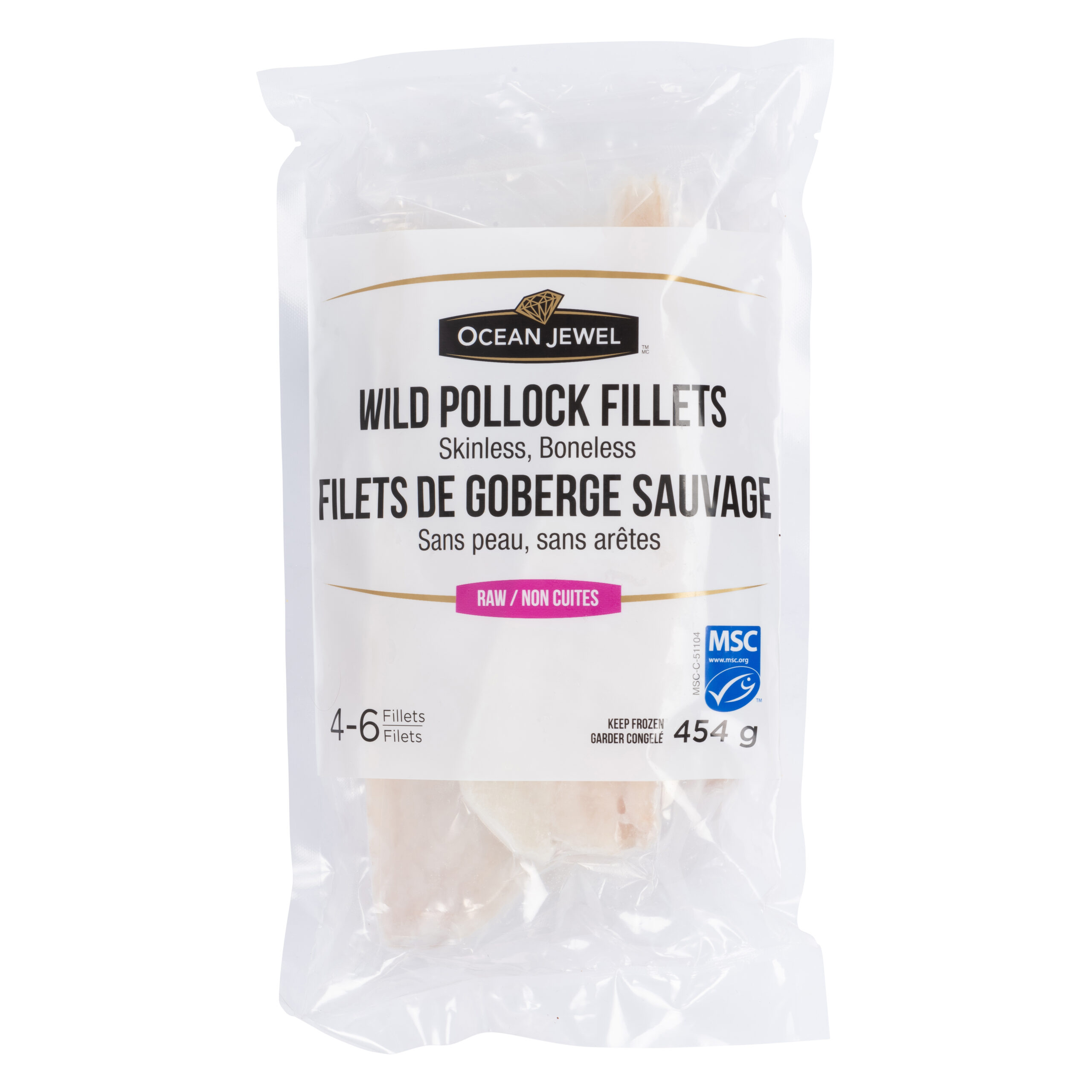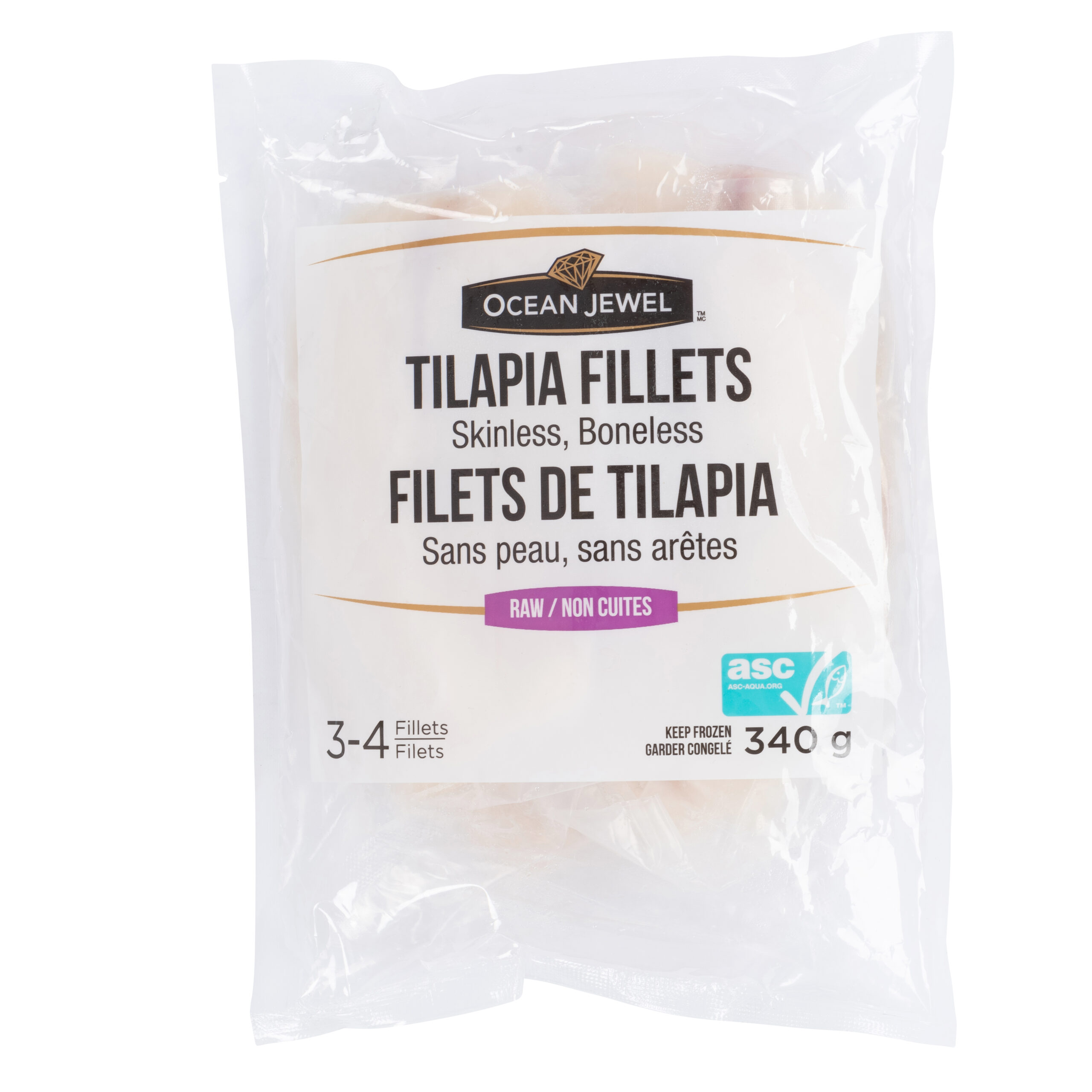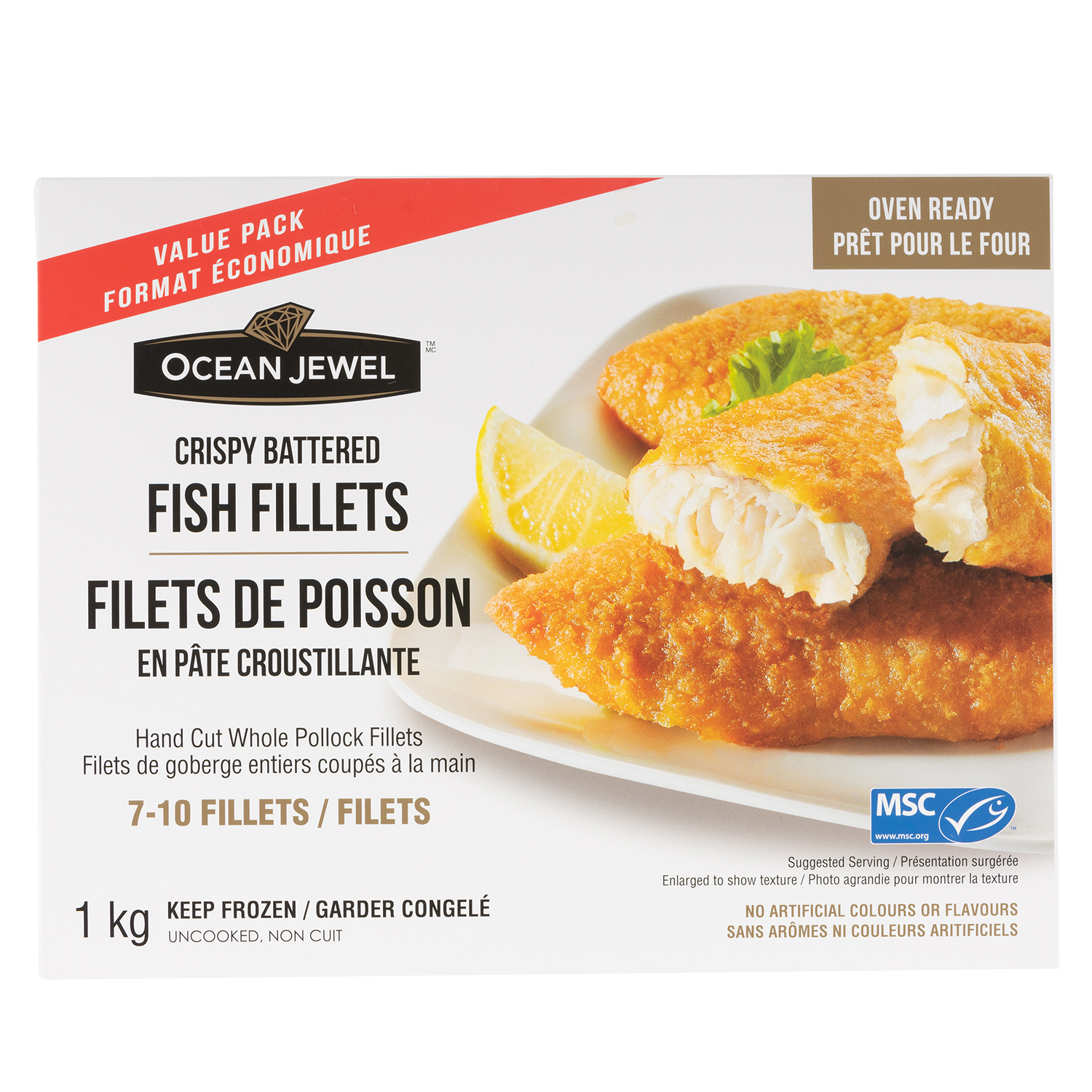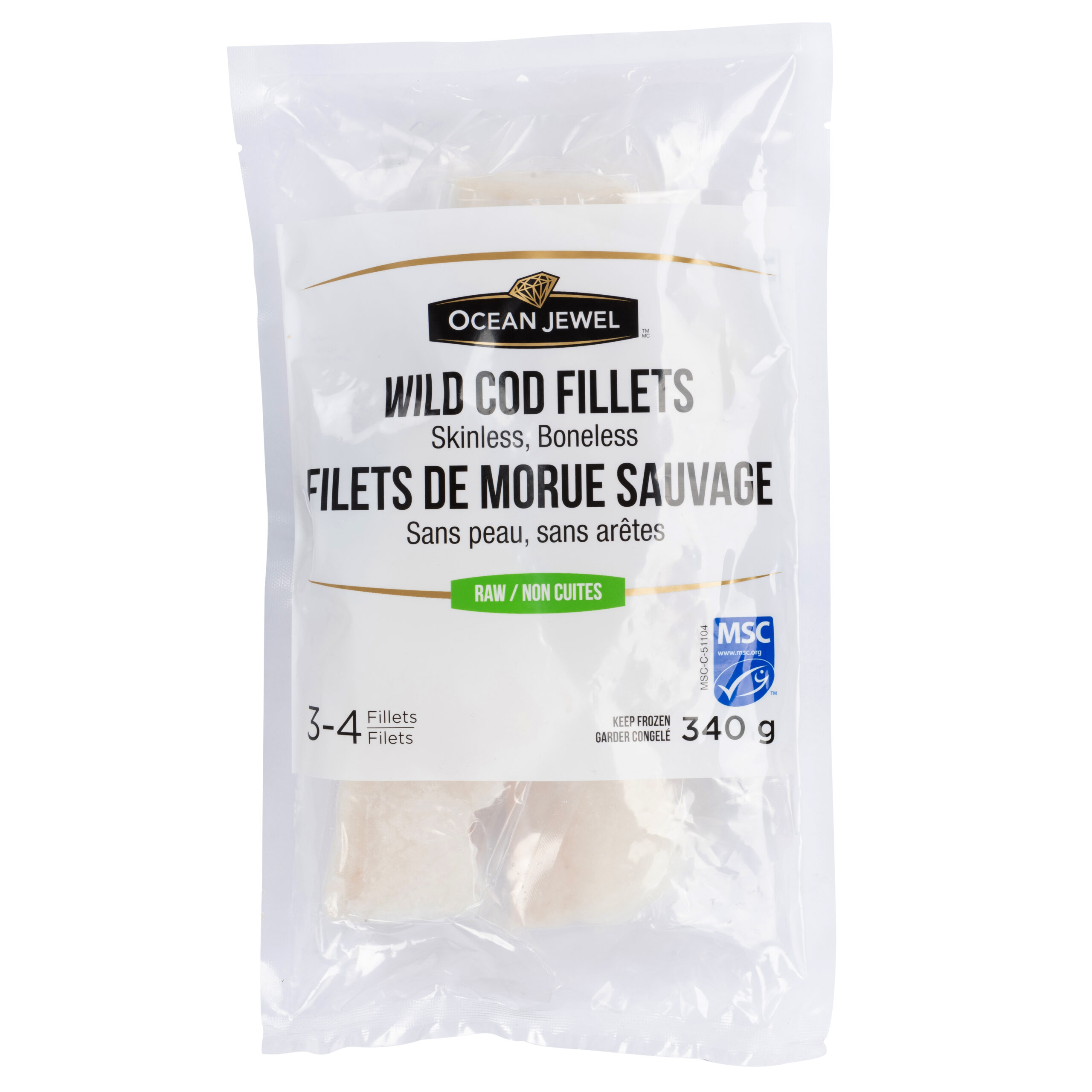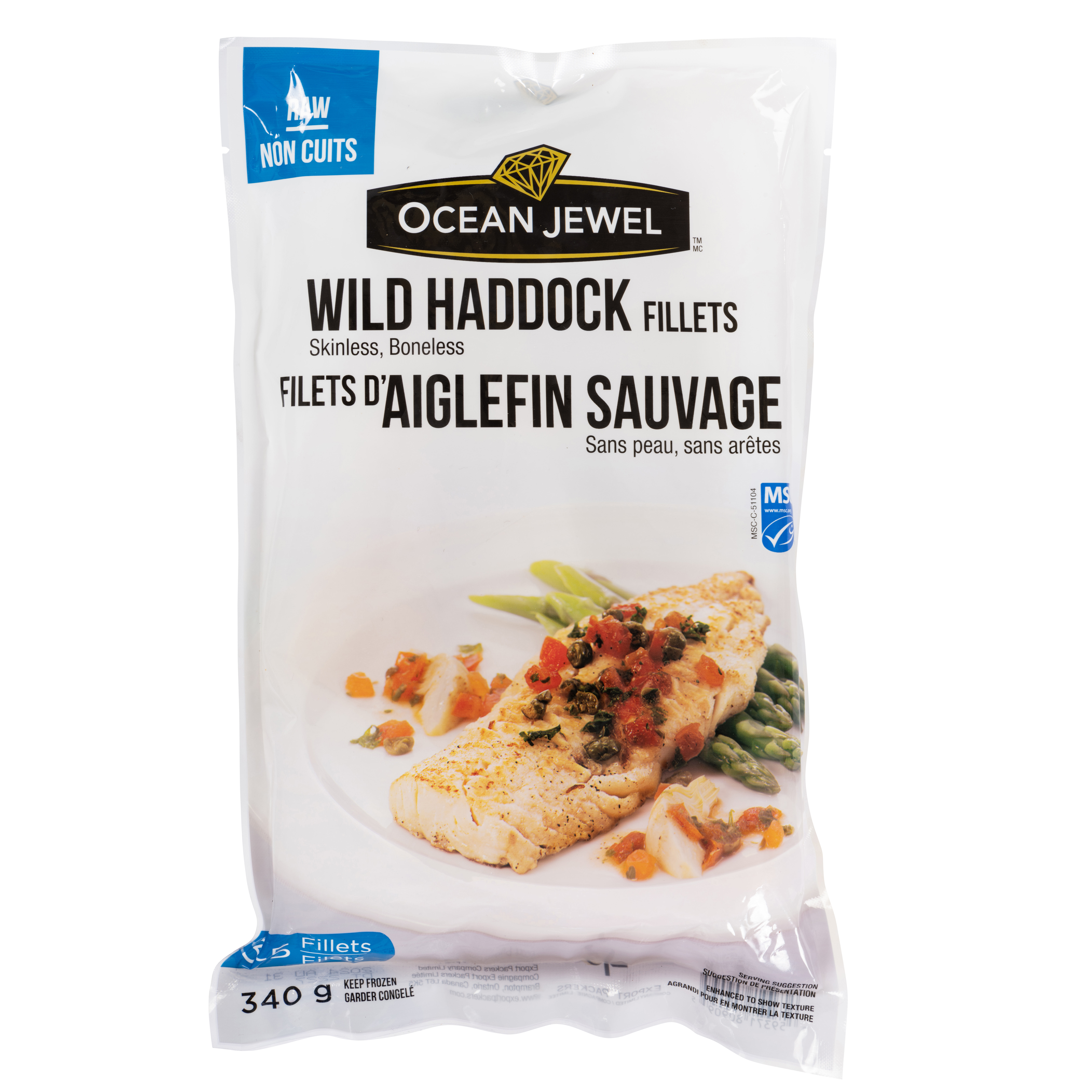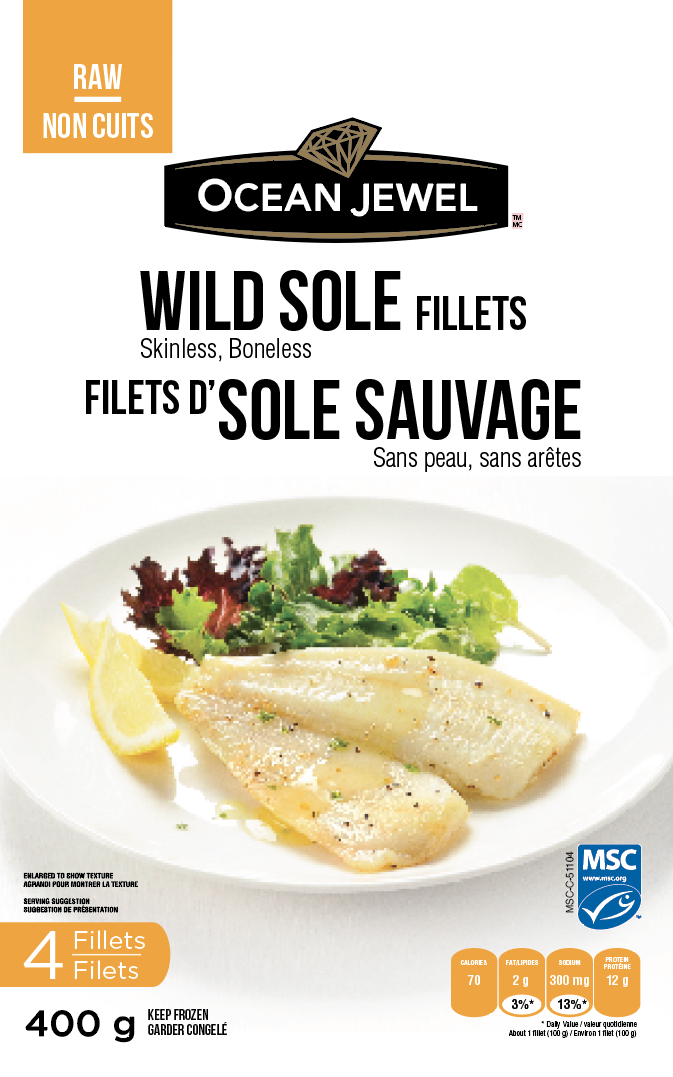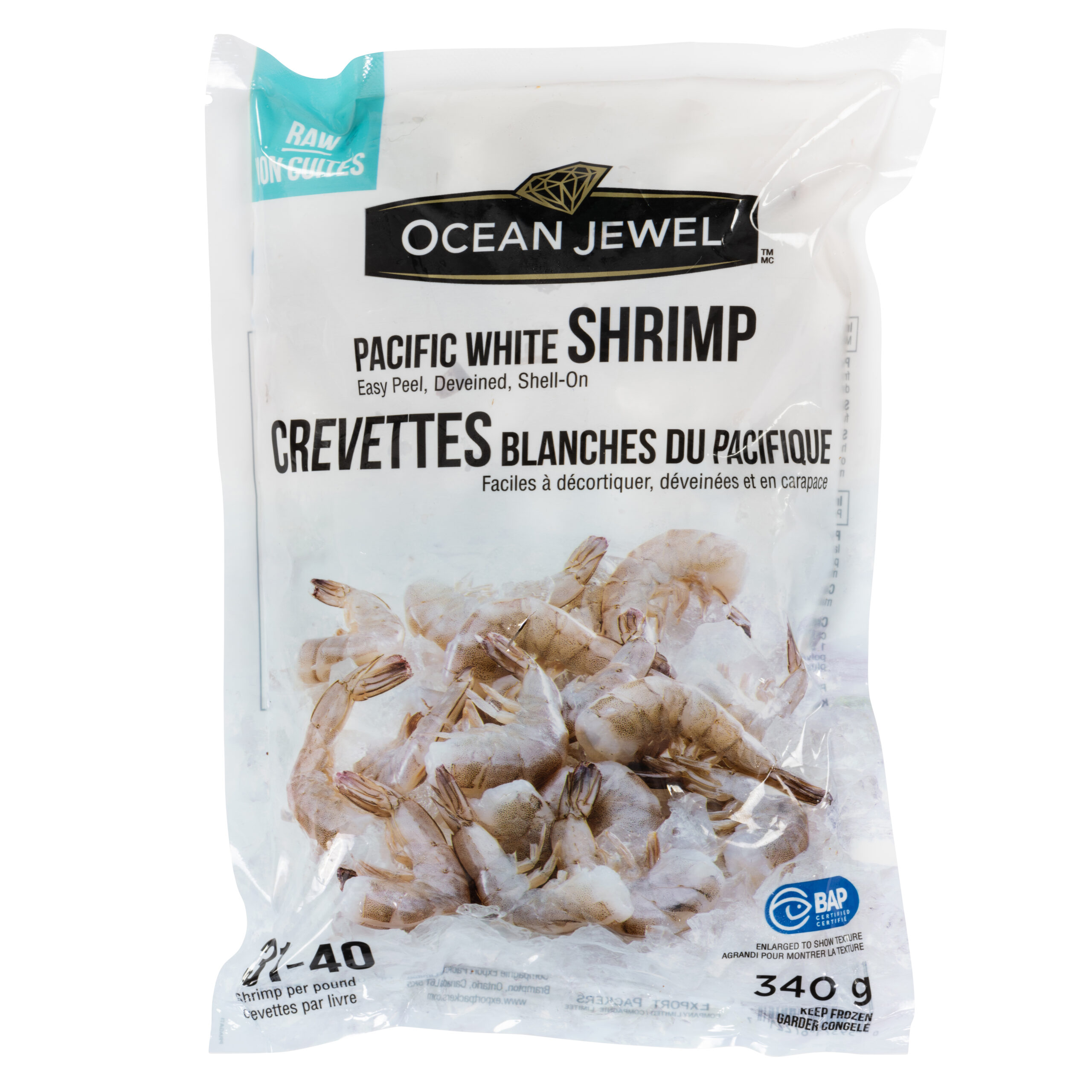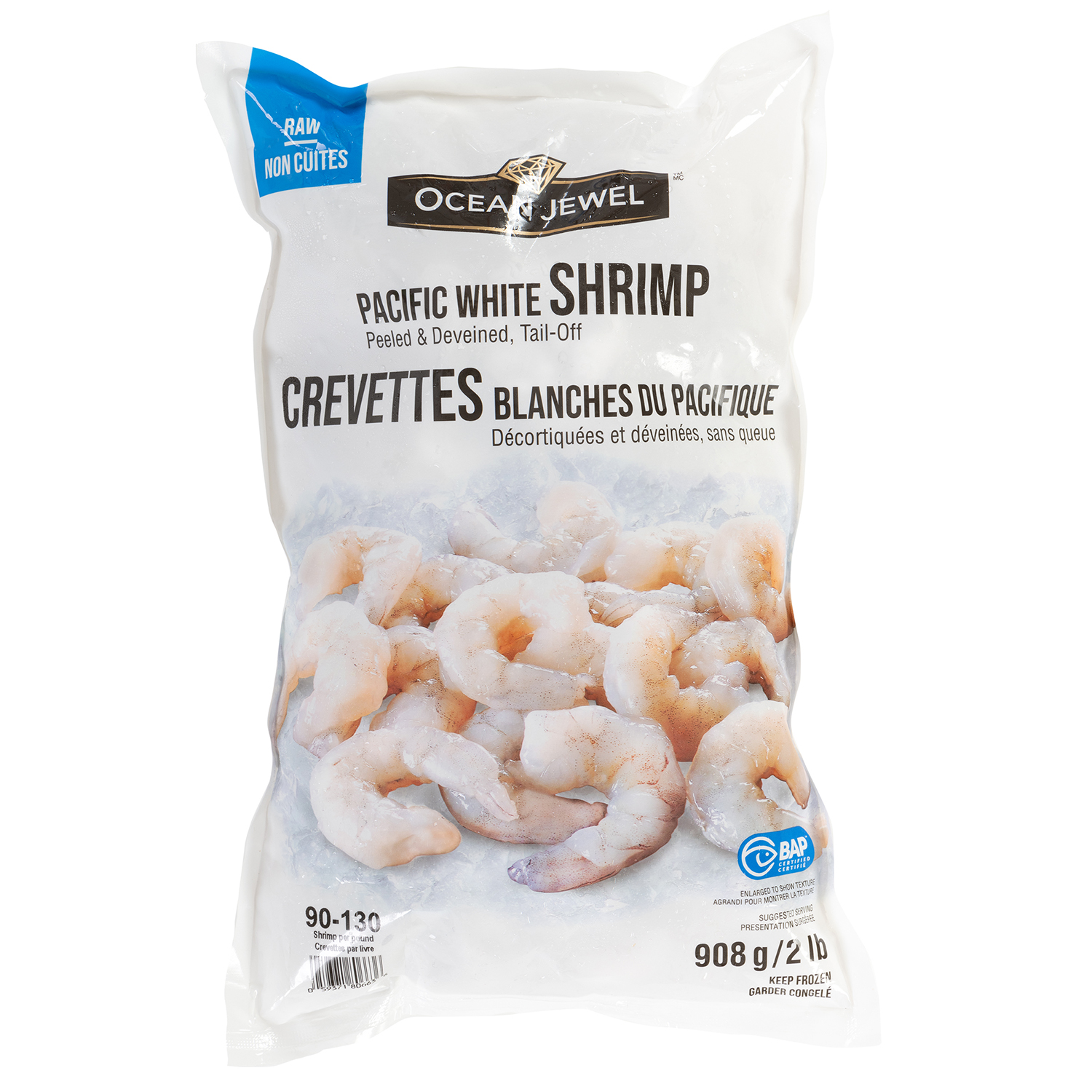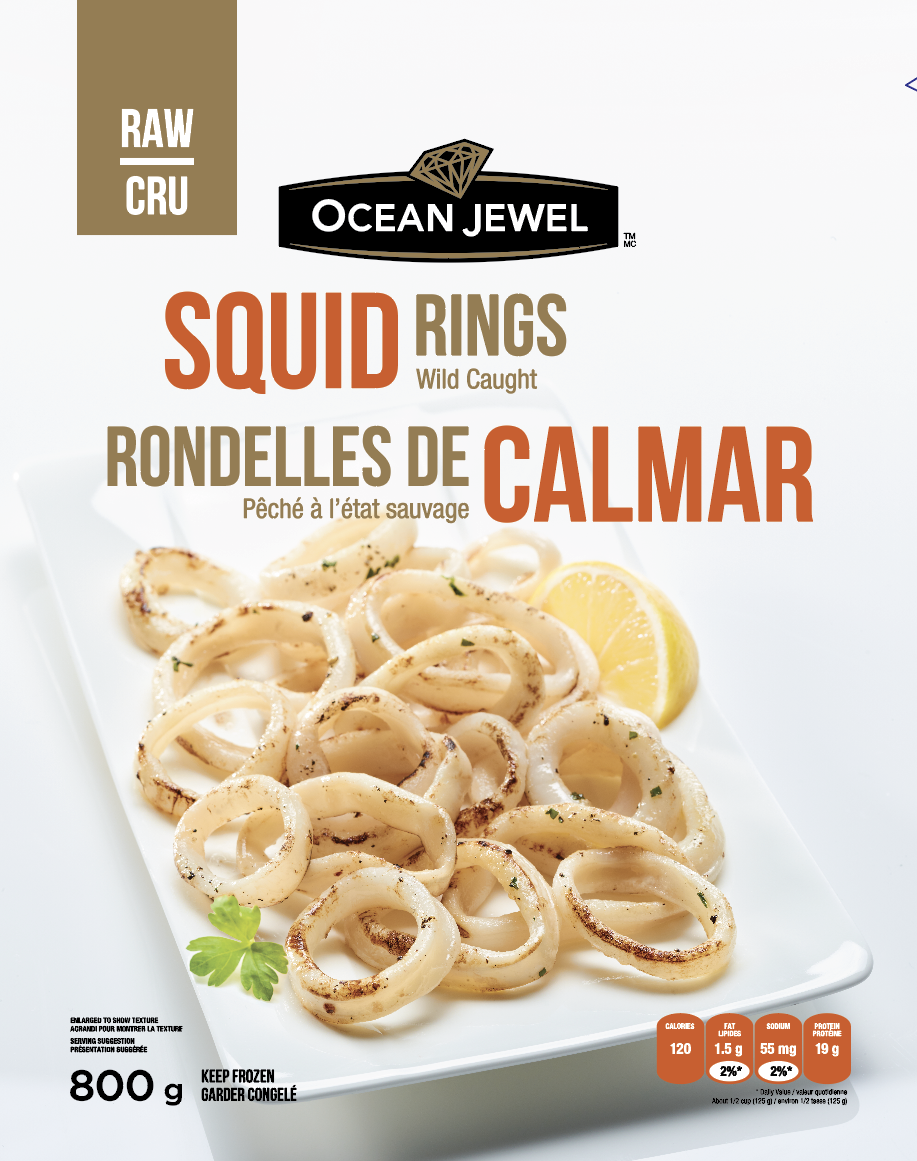SAFE SEAFOOD HANDLING TIPS
Most fish and seafood can be baked, pan fried, poached, microwaved or grilled.
According to Ontario’s Ministry of Health, fish should be cooked to an internal temperature of 70°C (158°F). Shellfish and crustaceans, for example, crab, lobster, shrimp, clams, mussels, oysters, scallops should cook to an internal temperature of 74°C (165°F). When cooking clams, mussels, oysters and scallops in shells, throw away any that don’t open.
If you are cooking defrosted fish fillets, pat both sides well with a paper towel to remove excess moisture before cooking.
Unless fish or seafood is categorized as “sushi grade” it should not be eaten raw.
Thawing Fish
Method 1: Thaw frozen fish and seafood gradually by placing it in the refrigerator overnight.
Method 2: Seal frozen fish and seafood in a plastic bag. Seal the bag and immerse it in cold water, then put a small slit in the bag and microwave it on the “Defrost” setting. Stop the microwave when the fish is still icy but pliable, so that the fish is thawing but not beginning to cook. Food defrosted in the microwave should be cooked as soon as possible after thawing.
